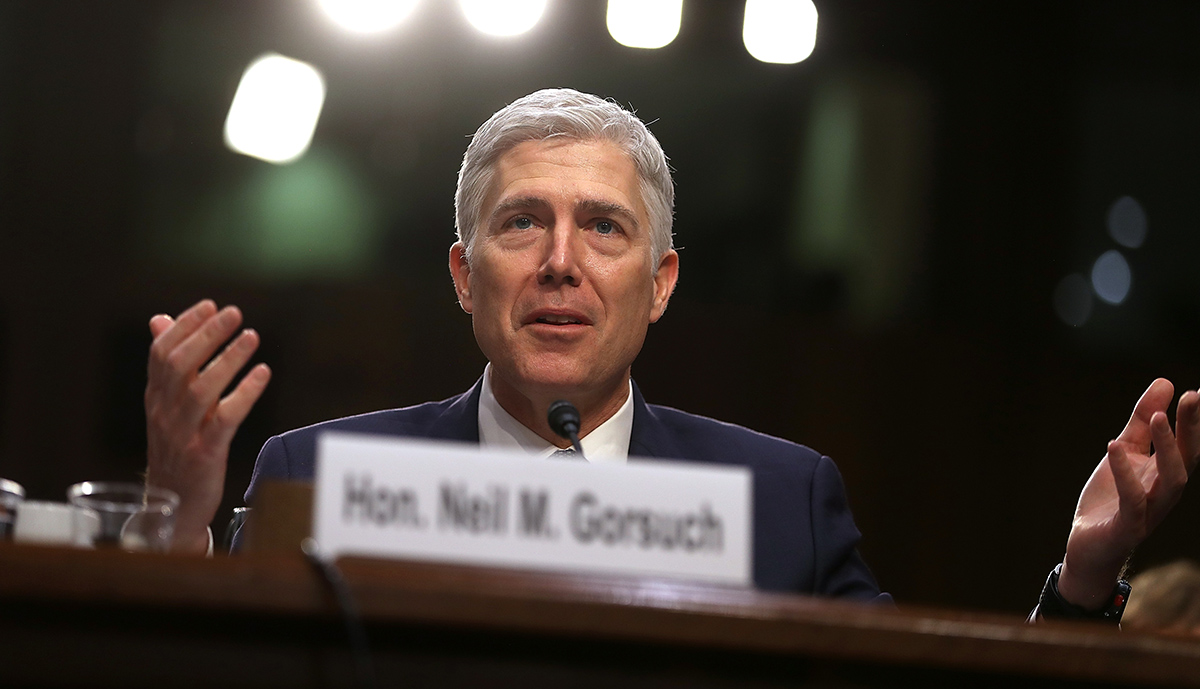In the face of too many laws, he calls for fairness and due process.
What does the ongoing debate about the role of legislative history in judging have to do with overcriminalization? Just ask President Trump’s SCOTUS nominee, Judge Neil Gorsuch, who was able — on the fly – to articulate brilliantly the interplay between these two issues. In the process, he displayed both his legal acumen and his regard for the principles of individual liberty.
On the third day of his confirmation hearings, in an exchange with Senator John Cornyn (R., Texas), Judge Gorsuch was asked to comment on the late Justice Scalia’s outspoken opposition to the use of legislative history in judging. Here’s what he said in relevant part:
As a self-described originalist who writes about overcriminalization, I find that my enthusiasm about Gorsuch’s nomination just grew tenfold. Leaving aside the usual argument that legislative history is not law and therefore has little to no place in courtrooms, Judge Gorsuch makes a brilliant point. As he has pointed out on more than one occasion, there are about 5,000 federal criminal statutes. And, as my colleagues and I have pointed out, there are another 300,000 or so criminally enforceable federal regulations. Even in a world....
Read the entire piece here at National Review Online
______________________
Rafael Mangual is the project manager for legal policy and the Overcriminalizing America project at the Manhattan Institute.
This piece originally appeared in National Review Online
